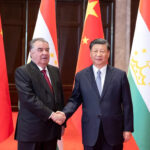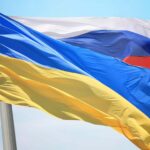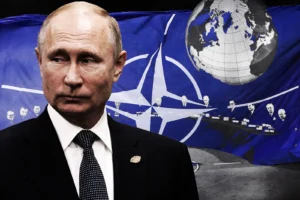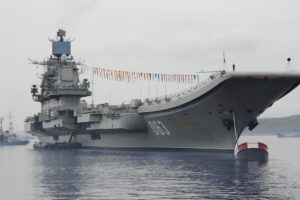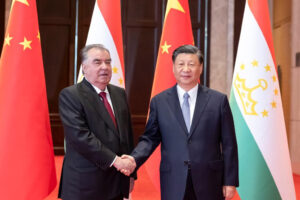Fifty years ago in Chile, the United States worked to end the presidency of an elected Marxist and, in turn, helped usher in an authoritarian right-wing dictatorship.
During the ensuing 17-year rule of Gen. Augusto Pinochet, more than 3,000 people would be disappeared or killed and some 38,000 would become political prisoners — most of them victims of torture.
The brutality in Chile, thousands of miles away, would have repercussions back in the U.S.
When the U.S. role in Chile’s democratic collapse became known, activists took action. So did lawmakers. In effect, the coup in Chile led to human rights concerns and Congress taking on a larger role in U.S. foreign policy.
In America, the coup of Sept. 11, 1973, “galvanized public opinion in a way that no other activity, no other coup, no other military dictatorship in Latin America did,” says Joe Eldridge, a longtime human rights advocate who was in Chile when it happened. “It was the suddenness, the abruptness in a country that had a long tradition of honoring democratic governance. Chile galvanized, it crystallized in the minds of so many, what was wrong with U.S. foreign policy.”
But first, it’s necessary to explain what happened. What follows is a history of what led the U.S. to have a hand in the coup, how it occurred, and what happened afterward.
The U.S. had been meddling in Chile’s politics for years by the time 1973 rolled around. U.S. interventions in Latin America go back more than a century.
During the mid-20th century, the Cold War shaped much of policymakers’ thinking. Fidel Castro’s 1959 revolution in Cuba alarmed Washington about communism and threats of Soviet influence in the Western Hemisphere.
U.S. officials were especially concerned about Salvador Allende, a self-proclaimed Marxist and a member of Chile’s Socialist Party who ran for president multiple times and was a leading contender in the 1964 election. He had pledged to nationalize the mostly U.S.-owned copper companies, a large industry in Chile.
The U.S. spent massively on anti-communist propaganda and support for Allende’s opponent in 1964. The influence proved effective: Allende lost.
But Allende ran again in 1970. Richard Nixon was now the U.S. president and Henry Kissinger his assistant for national security affairs. They perceived Allende as a threat to U.S. interests and as a friend of the Soviet Union. (Allende’s campaign did receive $350,000 from Cuba, according to CIA estimates, and at least $400,000 from Moscow, according to one book on the history of the KGB’s foreign operations.) Kissinger was especially concerned about the example it would set for Western European countries to have a socialist freely elected.
In the months before the election, the U.S. spent hundreds of thousands on a “spoiling operation,” much of it propaganda aimed at preventing Allende from taking power. International businesses, most notably International Telephone and Telegraph, were involved as well, passing funds to Allende’s main opponent.
Still, Allende narrowly won in a three-way contest in early September 1970. Under the constitution at the time, the decision then went to Chile’s Congress to vote between the top two finishers.
Nixon instructed top U.S. officials to do whatever they could to prevent Allende from taking office.
In addition to continued propaganda efforts, the CIA met with Chilean military contacts in a direct effort to foment a coup to stop an Allende presidency. A top general who opposed a coup was killed in a kidnapping plot.
The CIA’s efforts failed, however, and Allende was sworn in on Nov. 3, 1970. What followed were more attempts to shore up opposition. The U.S. spent $8 million on covert actions between 1970 and the 1973 coup, according to a 1975 Senate report. U.S. officials also backed economic measures to squeeze Allende’s government.
“That was the policy of the United States: to make it difficult for him to successfully govern,” says Peter Kornbluh, the director of the Chile Documentation Project at the National Security Archive, a nonprofit research group that works to bring secret government documents to light. “The invisible blockade, the cutoff of international monetary aid and assistance, stifling loans from the World Bank and the [Inter-American Development Bank], cutting off export credits from the United States, obviously pouring money into the militant pro-coup opposition and expanding contacts with the Chilean military. And, of course, the one that the CIA thinks really helped set the stage for the coup was the El Mercurio project,” he says.
Source : NPR News



